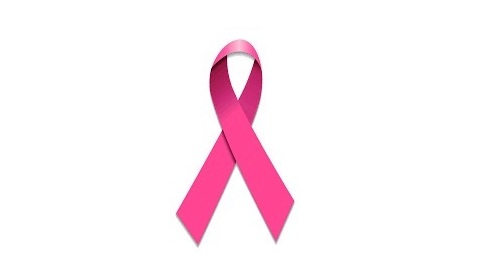
Study Links Loneliness in Cancer Survivors to Higher Mortality Risk
A recent study published online in the Journal of the National Comprehensive Cancer Network reveals a concerning association between elevated loneliness and increased mortality risk among cancer survivors. Conducted by Jingxuan Zhao, M.P.H., from the American Cancer Society in Atlanta, and colleagues, the study sheds light on the importance of addressing social isolation and loneliness as critical factors in the long-term health outcomes of cancer survivors.
The researchers analyzed data from a longitudinal cohort comprising cancer survivors aged 50 years and older, drawn from the nationally representative panel surveys of the 2008 to 2018 Health and Retirement Study. Loneliness was assessed using an 11-item abbreviated version of the UCLA Loneliness Scale, with scores categorized into levels ranging from low/no loneliness to severe loneliness.
The study included 3,447 cancer survivors with a total of 5,808 person-years of observation. Among the participants, 24.3%, 24.5%, 23.6%, and 27.6% reported low/no, mild, moderate, and severe loneliness, respectively. The findings revealed a notable correlation between loneliness levels and mortality risk, with survivors reporting greater loneliness exhibiting a higher risk of mortality compared to those reporting low/no loneliness.
Specifically, the group with the highest levels of loneliness demonstrated the highest adjusted hazard ratios, highlighting a dose-response pattern wherein greater loneliness corresponded to elevated mortality risk among cancer survivors.
In light of these findings, the authors underscore the urgent need for comprehensive interventions aimed at addressing loneliness and social isolation among cancer survivors. They advocate for programs designed to enhance coordination and collaboration among healthcare providers across different specialties, emphasizing the integration of loneliness screening into primary care and oncology settings.
By proactively addressing social and emotional needs alongside medical treatment, healthcare professionals can potentially mitigate the adverse effects of loneliness on the long-term health and well-being of cancer survivors. This holistic approach, the authors argue, is essential for improving outcomes and enhancing the quality of life for individuals navigating the challenges of cancer survivorship.